This popular snack, produced by Calbee, has captivated taste buds with its crispy texture and genuine potato flavor. In this article, we’ll delve into the history, production process, and nutritional details of Jaga Pokkuru, offering insights into why it has become a cherished treat in Japan. Get ready to explore the delightful journey of this iconic Japanese snack!
What is Jaga pokkuru?
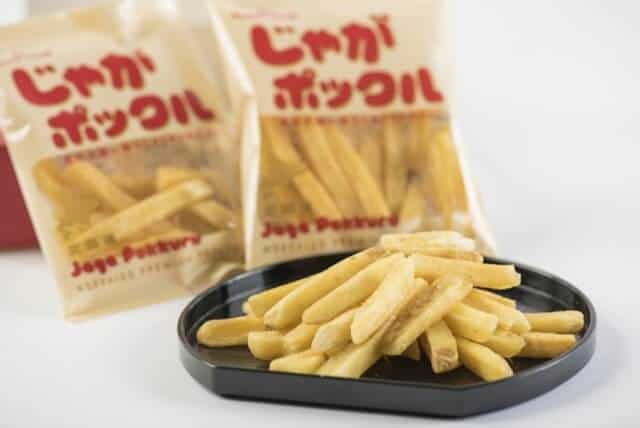
Jaga Pokkuru (じゃがポックル) is a popular Japanese snack produced by the Calbee company. It is known for its main ingredient, which is Hokkaido-grown potatoes. Jagapokkuru is a crispy potato snack made by thinly slicing and frying the potatoes. These snacks are popular for their potato flavor and because they use local ingredients. The name “Jaga Pokkuru” is a combination of “Jaga,” short for “Jagaimo,” which means potato in Japanese, and “Pokkuru,” a play on the English word “crunch.”
Jaga pokkuru History
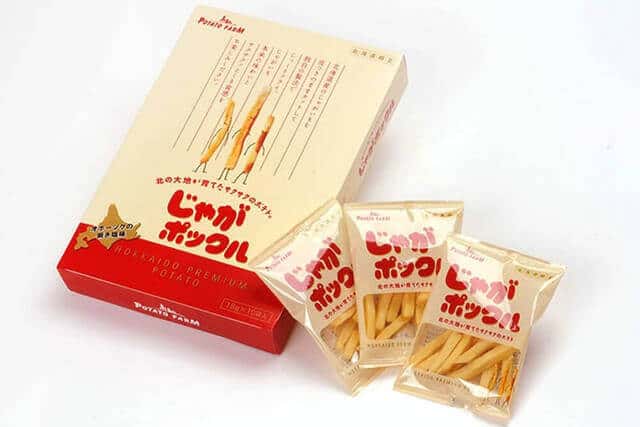
In 1992, Masahiko Matsuo, the third son of Takashi Matsuo, took over as the president of Calbee, and around the same time, the development of Jagariko began. Initially, Takashi doubted its success, but by the fall of 1997, Jagariko gained popularity. Inspired by this, Takashi aimed to create an even better snack, leading to the development of the original Jaga Pokkuru. It was initially named “Pure Jaga” in 2002 and became known as “Jaga Pokkuru.” Despite minimal advertising, it quickly earned a reputation for being delicious and became a sought-after product.
Produced exclusively at the Calbee Chitose factory in Hokkaido, Jagapokkuru faced shortages due to limited shipments. To address this, souvenir shops imposed purchase limits or sold it as part of sets with other products. Over the years, the packaging underwent changes, including the transition from jagged to straight edges in 2008 and modifications to the opening instructions in 2009.
As of February 2010, Jaga Pokkuru had similar Hokkaido-limited counterparts, including “Imoko to Kobutaro,” “Jagari and Cane Butter,” and “Hotto Potato.” Additional sister products, like “Jaga Pirika,” “Toyoshiro,” “Northern Rupee,” and “Kitamurasaki,” were introduced, each maintaining the same color as the material. In 2012, Calbee collaborated with the Hokkaido-based restaurant company “YOSHIMI” to release “Jaga J,” a potato chip limited to Hokkaido. In December 2017, Calbee launched “Jaga Rimse,” a shake-and-eat style product created by combining short potatoes from the Jagapokkuru manufacturing process with four types of powder. The name “Rimse” means “dancing” in the Ainu language.
Why is Hokkaido famous for potatoes?
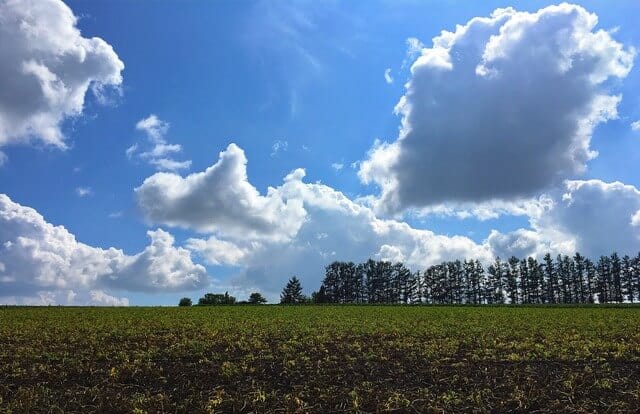
In the vast region of Hokkaido, not just potatoes but various crops are grown thanks to ongoing research and improvements in crop varieties and farming methods. The active land use in Hokkaido started during the Meiji era under the Hokkaido Development Commission. Initially, attempts were made to grow grains and wheat. Still, the cold temperatures in Hokkaido made it challenging to achieve consistent yields. In response, farmers turned to studying “potatoes” as a crop that could withstand harsh conditions. Potatoes, known for their ability to provide a reliable harvest early in development and serve as a staple food, became a focus for many pioneering farmers. As time passed, with the introduction of potato varieties well-suited to Hokkaido’s land and climate, along with the use of large machinery on the expansive fields, potato cultivation in Hokkaido expanded significantly. Today, it represents about 80% of the country’s potato production.
Reasons why it is popular
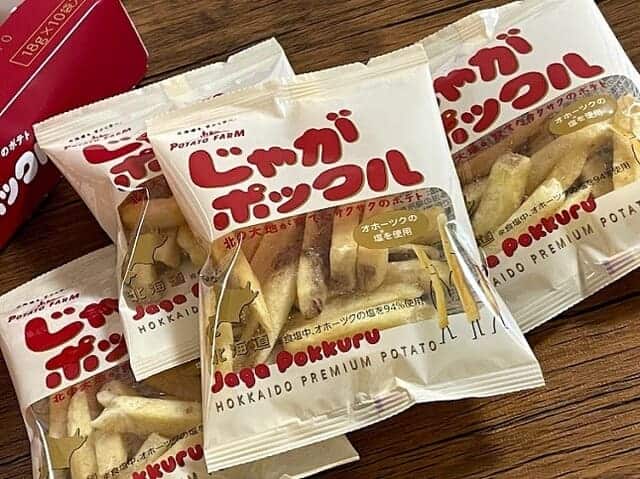
Its popularity is because it makes the most of the potato flavor and has a light taste and crispy texture. The packaging with cute characters on it is also one of its charms. Although the manufacturing method and texture are similar to Jagabee, sold nationwide at Calbee, Jaga Pokkuru is made with only ingredients produced in Hokkaido.
Creating new product based on Jaga pokkuru
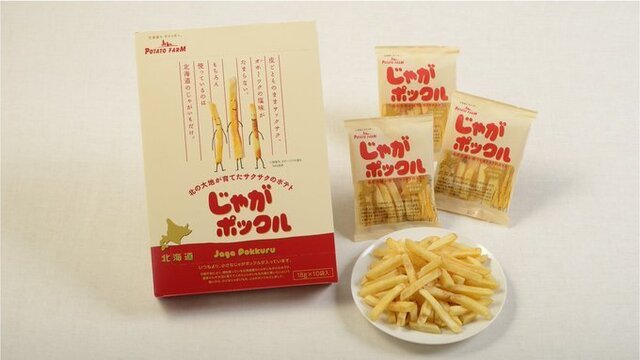
When the company created a new product, they paid close attention to what makes Jaga Pokkuru special, like its authentic potato taste, crispy texture, and connection to Hokkaido. For the new flavor, they decided to use scallops, a plentiful marine resource in Hokkaido known for its familiar taste. The challenge was to balance the scallop flavor with a salty taste that would counteract any strong seafood smell. It wasn’t easy – they went through about 100 trial productions – but we finally achieved the distinct taste they were aiming for.
What are the cost and calories of Jaga Pokkuru?
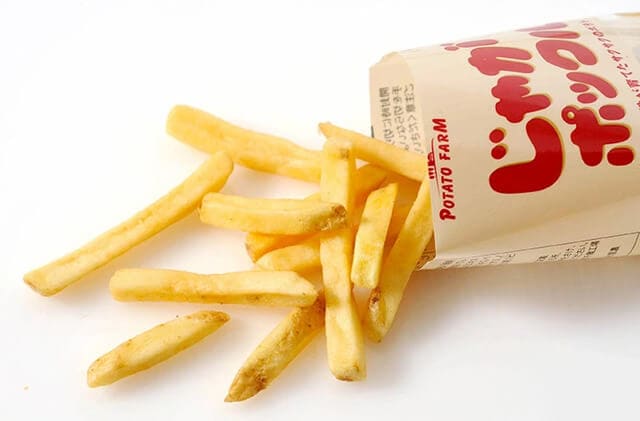
There are two flavors available, each with its own product details. The “Salty Taste of Okhotsk” flavor contains ingredients like potato from Hokkaido, vegetable oil, starch decomposition products, salt, and scallop extract powder. The “Scallop Salty” flavor includes potato from Hokkaido, vegetable oil, starch decomposition product, salt, and kelp extract powder. Regarding nutrition, one bag (18g) of either flavor has 105kcal or 106kcal, with protein at 0.8g, fat at 7.2g, carbohydrates at 9.3g or 9.4g, and a salt equivalent of 0.1g. The regular price for a pack of 10 bags (18g each) is 1,050 yen for the “Salty Taste of Okhotsk” and 1,070 yen for the “Scallop Salty” flavor.
Jaga pokkuru FAQ
- When was the original Jaga Pokkuru introduced?
The original Jaga Pokkuru, initially sold under “Pure Jaga,” was introduced in 2002 and later changed to “Jaga Pokkuru.”
- Where is Jaga Pokkuru produced?
Locals exclusively produced this at the Calbee Chitose factory in Hokkaido, Japan.
How to make Jaga pokkuru?
Use readily available Hokkaido potatoes from supermarkets and cut them into stick shapes.
Pat the potato sticks dry with kitchen paper to remove excess moisture. Sprinkle flour evenly over the sticks, ensuring they are well-coated.
Use a fryer or frying pan to fry the coated potato sticks once in rice oil. Be cautious not to over-fry; the goal is not to achieve a golden brown color at this stage.
Allow the partially fried potatoes to cool, then store them in the freezer. For immediate consumption, take them out after about 2 hours.
Before serving, sprinkle cornstarch evenly over the frozen potato sticks. Fry them again in rice oil until they turn golden brown, which typically takes 10 to 15 minutes in a non-frying toaster oven. Once done, place the crispy Jagapokkuru in a bowl, add your preferred seasonings, stir, and enjoy!
Where to buy Jaga pokkuru?
Jaga Pokkuru is not sold everywhere in Hokkaido. However, there is a high possibility that the above shops sell it. You can also buy Jagapokkuru at retail stores in Hokkaido. Although it varies by store, you can see this at supermarkets such as Aeon and Seiyu and convenience stores such as Lawson and 7-Eleven.
Calbee+
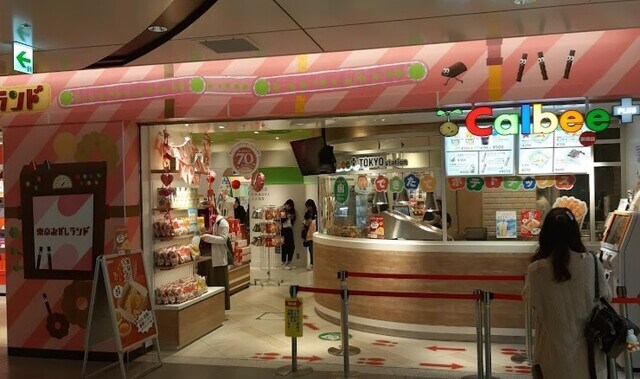
This snack is manufactured and sold by the domestic confectionery manufacturer Calbee under Potato Farm. This Hokkaido-limited product is produce only at Calbee’s Chitose factory. “Jaga Pokkuru Okhotsk Salt Flavor” is a souvenir product from Hokkaido. Store sales limited to Hokkaido, mainly at souvenir shops and airports.
Final Thoughts

To sum up, Jaga Pokkuru is a popular Japanese snack. It has a crunchy texture and real potato flavor. The snack comes in different flavors, such as Salty Taste of Okhotsk and Scallop Salty. Produced exclusively in Hokkaido, these snacks have become a regional favorite. After learning about its history, production process, and nutrition, try it for yourself and taste its deliciousness.
You can check some Japanese dishes such as Ningyo yaki and Mugimaki that we know you would like to try too.
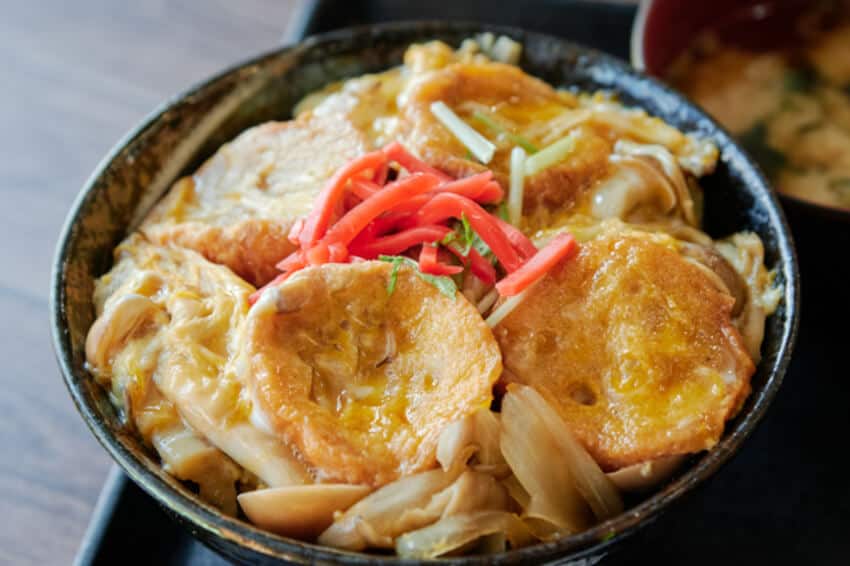
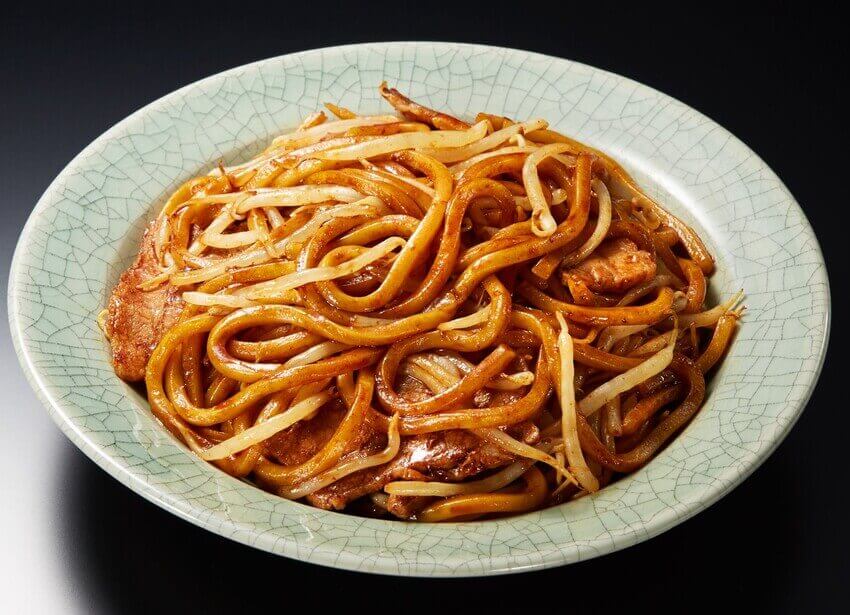
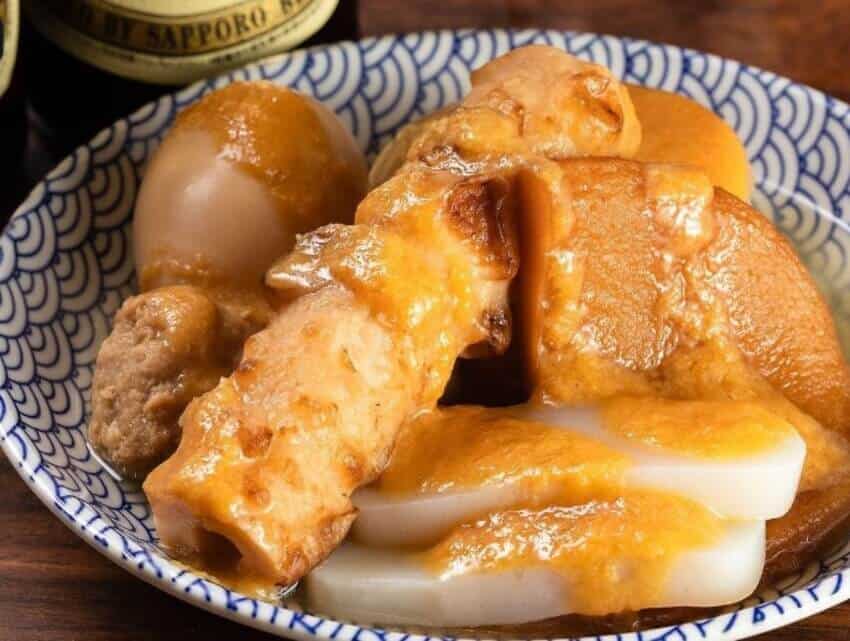
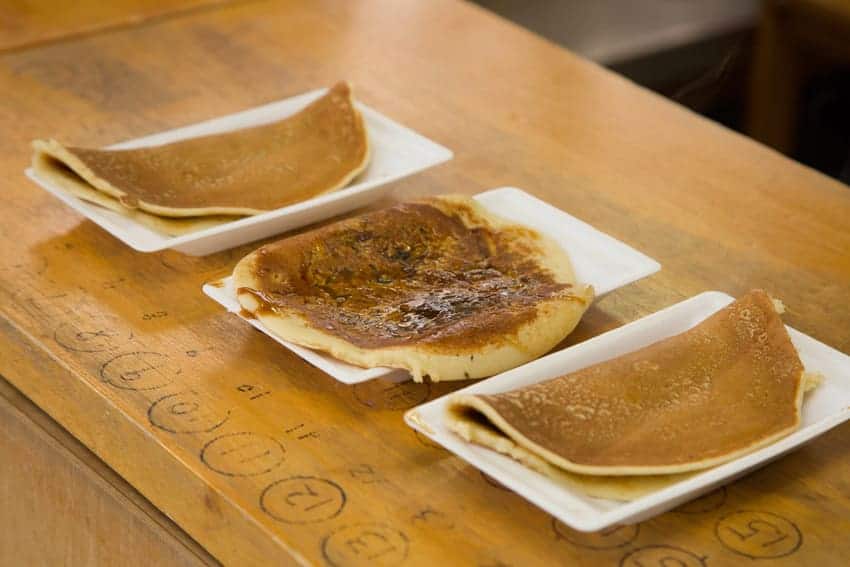
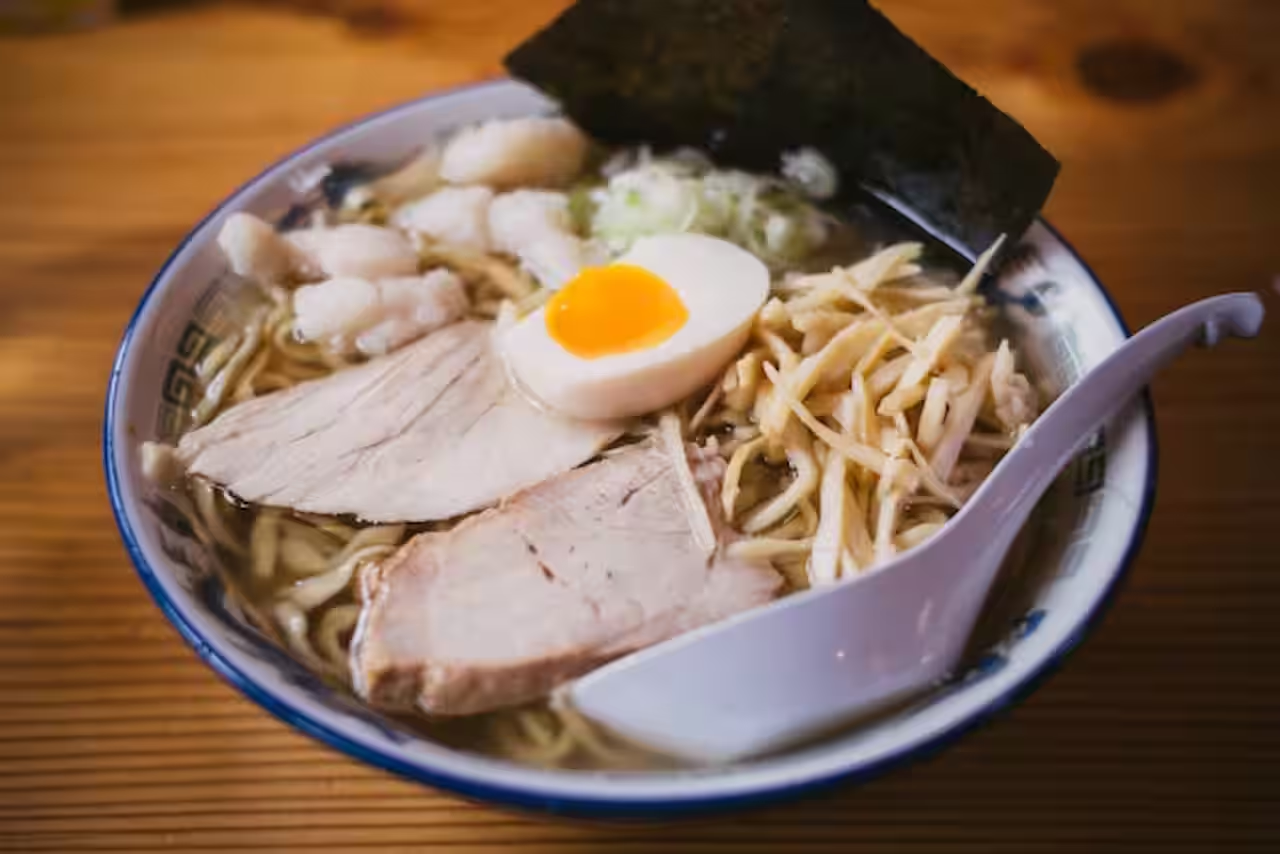

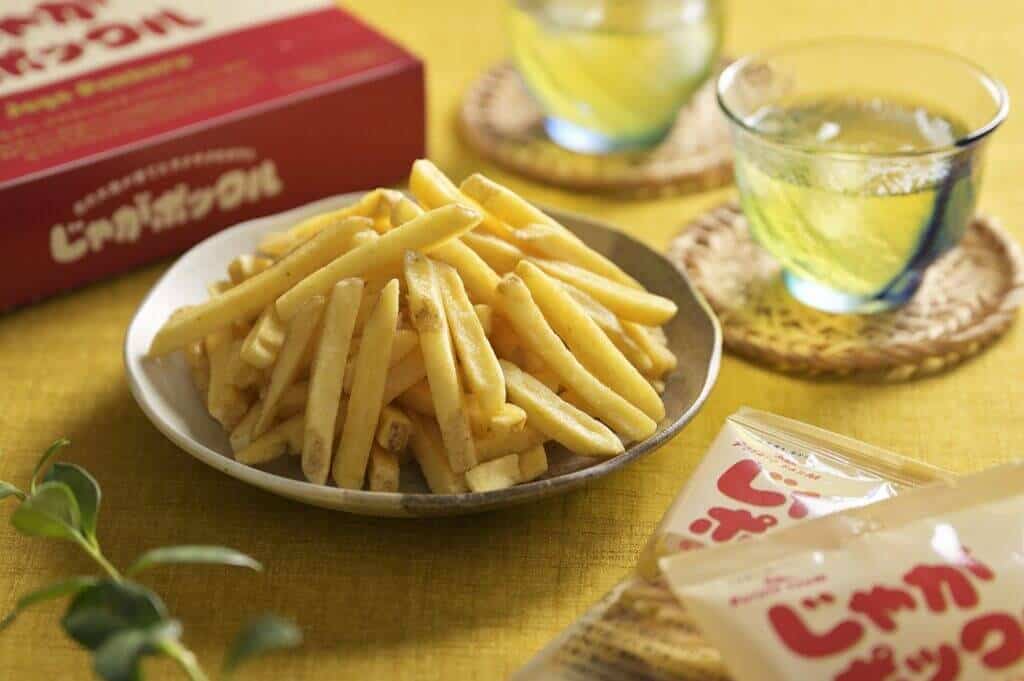
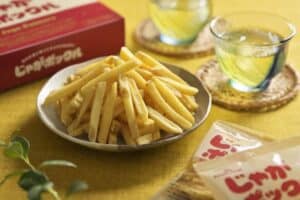
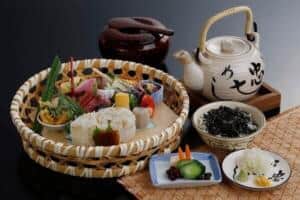
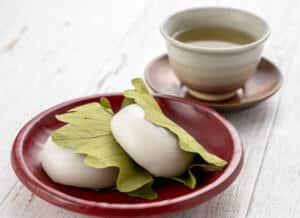
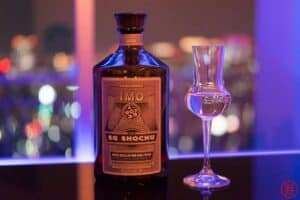
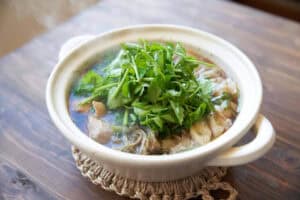
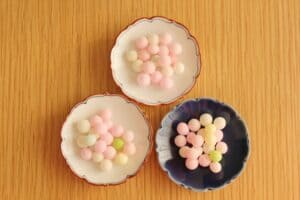
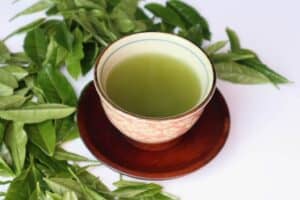
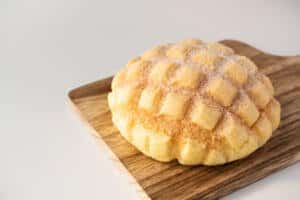
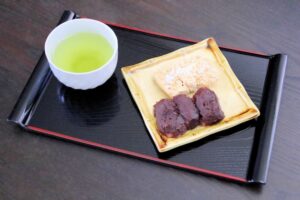
Comments